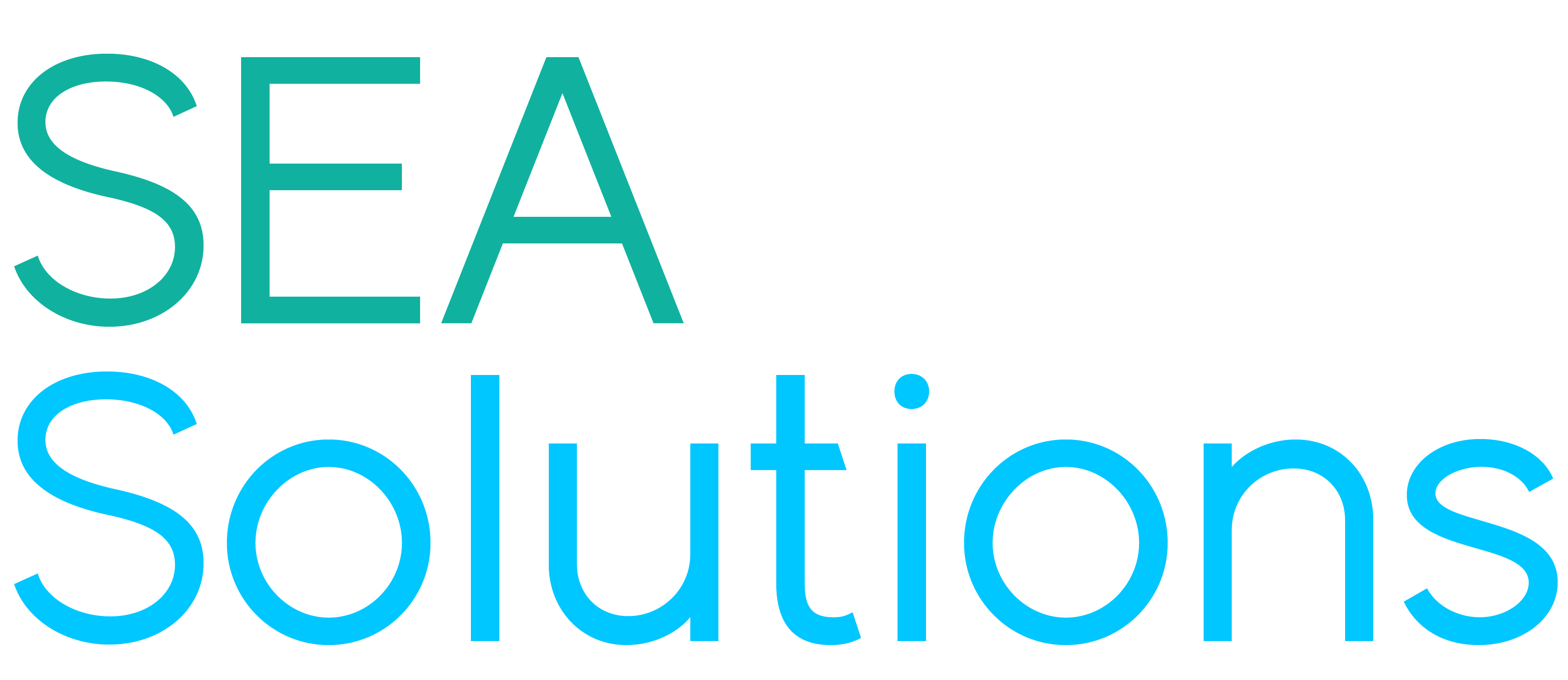


Media Coverage


An ocean of solutions to plastic pollution at SEA circular conference
ScandAsia.com
On Thursday 14 November 2019, the SEA of Solutions was wrapped up after four days of discussing how to combat plastic waste at the United Nations’ Conference Center in Bangkok. The conference was hosted by the United Nations Environment Programme and the Coordinating Body on the Seas of East Asia, COBSEA. Through the initiative SEA circular, the two players aim to combat plastic pollution via corporation and actions.
The solution to plastic waste: Partnerships
Philippine Star
This week in Bangkok, the United Nations Environment Programme (which sees itself as the global champion for the environment with programmes focusing on sustainable development, climate, biodiversity and more) together with the Coordinating Body on the Seas of East Asia (COBSEA), with support from the Swedish Government, held the first ever SEA of Solutions partnership week. The conference and events held throughout the week tried to emphasise solutions along the plastic value chain and engage key stakeholders including local and national government, businesses and plastic producers, communities and youth. The idea was to provide a platform for private sector, academia, governments and communities to connect and effect change and thereby build partnerships and initiate regional coordination efforts, to find tangible solutions to marine plastic pollution in South East Asia.
Reincarnation is One of the Keys to Solving Plastic Pollution
EIN News
Plasticity Bangkok at UN’s Sea of Solutions Drives Home the need for Reincarnation of 2nd Life Plastic. Plasticity Bangkok, a one-day intensive business forum focused on solving the problem of plastic pollution says that reincarnation is the key.
Are Asian brands afraid of using recycled plastic in their products?
Eco-business
Asian consumers regard recycled plastic as inferior and unclean, so companies don’t want to use it in their products, experts said at the Plasticity event, part of the SEA of Solutions week, at the UN Conference Centre in Bangkok on Tuesday.
Poor plastic waste collection in Southeast Asia makes it hard to hit our recycling targets, says Coca-Cola
Eco-Business
The soft drinks giant, which on Friday at the SEA of Solutions conference at the United Nations in Bangkok announced a switch from green to clear plastic bottles for its Sprite brand in the region—transparent polyethylene terephthalate (PET) is easier to recycle—committed at the beginning of last year to make all of its packaging 100 per cent recyclable by 2025 and use at least 50 per cent recycled material in its packaging by 2030.
Thai supermarket giant fears 'plastic bag rage'
Eco-Business
Tesco Lotus… switched from plastic to paper bags in November last year—but only for 24 hours to mark National Environment Day.
“Trying to convince customers to stop using single-use plastic has been a long, long journey. We all know that we’re addicted to plastic bags to carry everything. And sadly, consumers have not reacted well [to the company’s attempts to reduce plastic bag use],” …[said Salinla Seehaphan, director of corporate affairs for Tesco Lotus]… at the SEA of Solutions event convened by SEA circular, an initiative of the UN Environment Programme and the Coordinating Body on the Seas of East Asia.
Release of the report at SEA of Solutions 2019: The role of packaging regulations and standards in driving the circular economy
Southeast Asian countries need tougher plastic policies to curb pollution: U.N.
Reuters
To battle the growing crisis, Southeast Asia, home to 641 million people across 10 countries, needs to introduce region-wide policies to regulate plastic packaging, the United Nations Environment Programme (UNEP) said in an 89-page report.
“Southeast Asia is a primary source and victim of plastic, where it is choking seas and threatening ecosystems and livelihoods,” said Kakuko Nagatani-Yoshida, UNEP’s Regional Coordinator for Chemicals and Waste.
UNEP Report Finds ASEAN in Need of Comprehensive Approach to Plastic Pollution
IISD
A UNEP report highlights the importance of solving plastic pollution challenges in Southeast Asia to solve the global marine litter problem. The report reviews the development of packaging waste policies and standards in the ten ASEAN countries and concludes countries in the region lack a comprehensive approach to addressing plastic pollution.
New Report Provides Blueprint for Circularity of PET Bottles
SB News
As leaders from around the world gathered in Bangkok this week for the inaugural SEA of Solutions: Partnership Week for Marine Plastic Pollution Prevention; and in Porto, Portugal for the inaugural SB Oceans, research and strategy firm GA Circular (formerly known as Gone Adventurin’) launched a first-of-its kind report, in collaboration with The Coca-Cola Company. The report provides systematic and comparable baseline collection rates for PET bottles (one of the most recyclable forms of plastic packaging) in Indonesia, the Philippines, Vietnam, Thailand, Myanmar and Malaysia. Five of these six countries are among the top ten global contributors to ocean plastic leakage.
Coca-Cola announcement of clear plastic bottle transition of Sprite® at SEA of Solutions 2019
Sprite® switches 'iconic' green plastic bottle to clear
Business Mirror
The clear plastic bottle transition of Sprite® in Southeast Asia was announced today at the inaugural “SEA of Solutions Partnership Week for Marine Plastic Pollution Prevention,” an initiative of the UN Environment Programme and the Coordinating Body on the Seas of East Asia (COBSEA) in Bangkok today. The event brought over 600 representatives from governments, business, academia, youth and community groups for a series of dialogues on solutions for marine plastic pollution in Southeast Asia.
Sprite Switching From Green To Clear PET Bottles In Southeast Asia
Vending Times
Coca-Cola made the announcement during the recent SEA of Solutions 2019, the first annual partnership week convened by SEA Circular — an initiative from the UN Environment Program and the Coordinating Body on the Seas of East Asia (COBSEA), with support from the Swedish Government.

